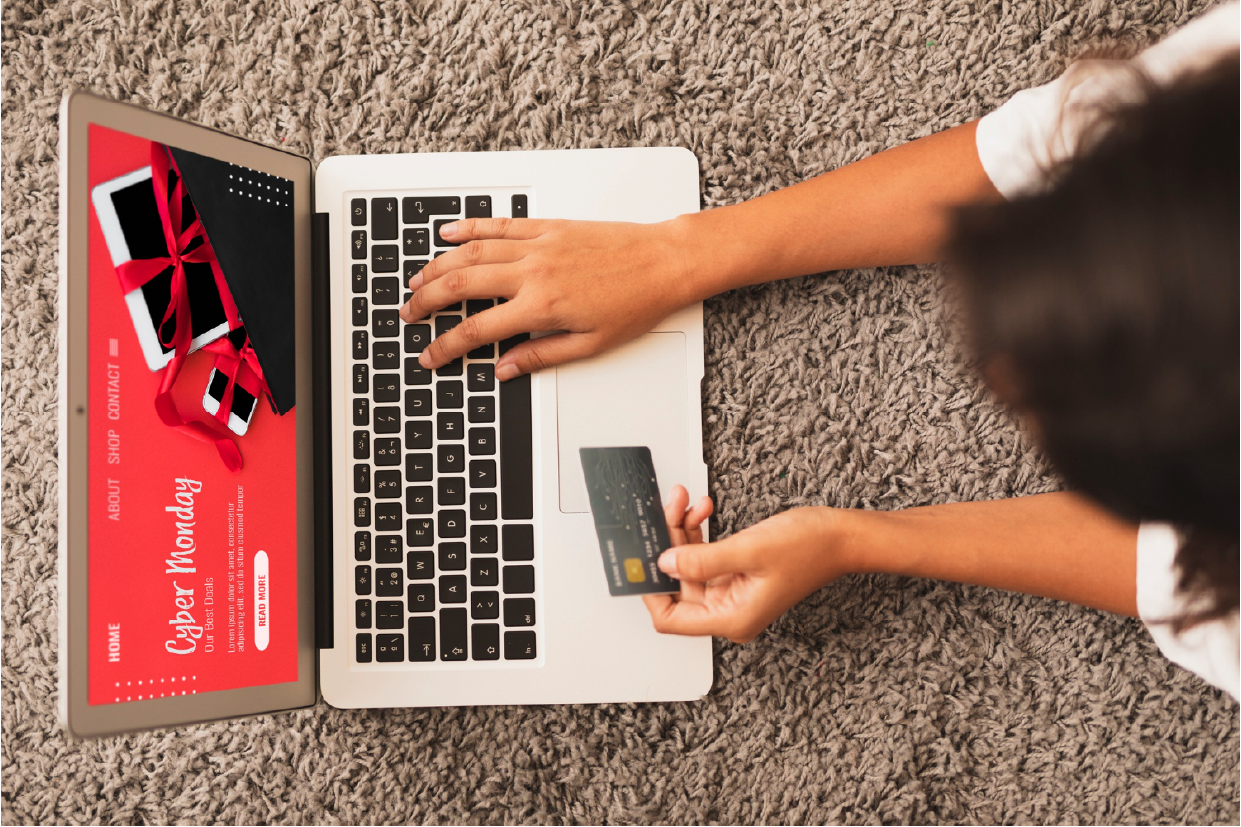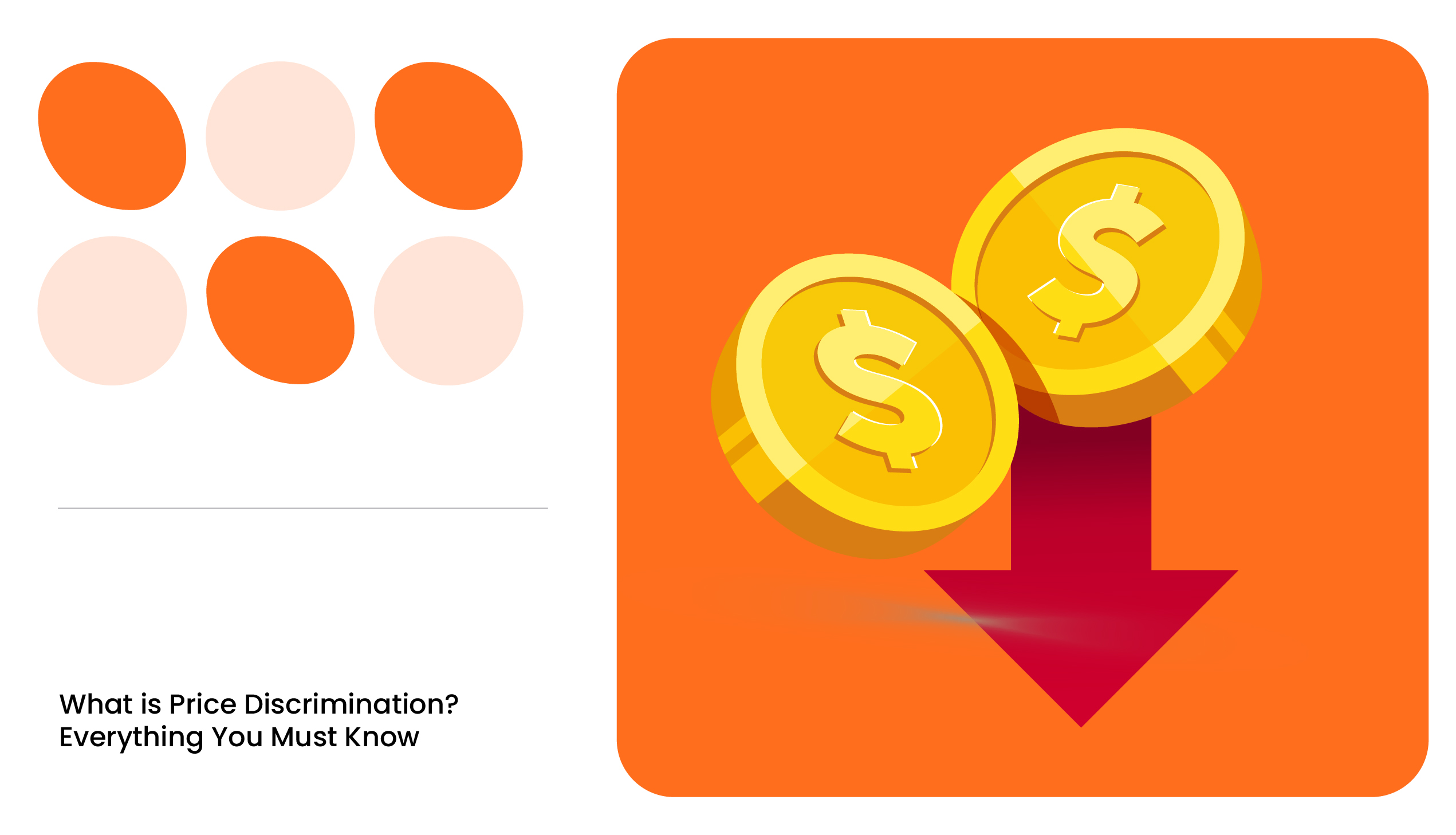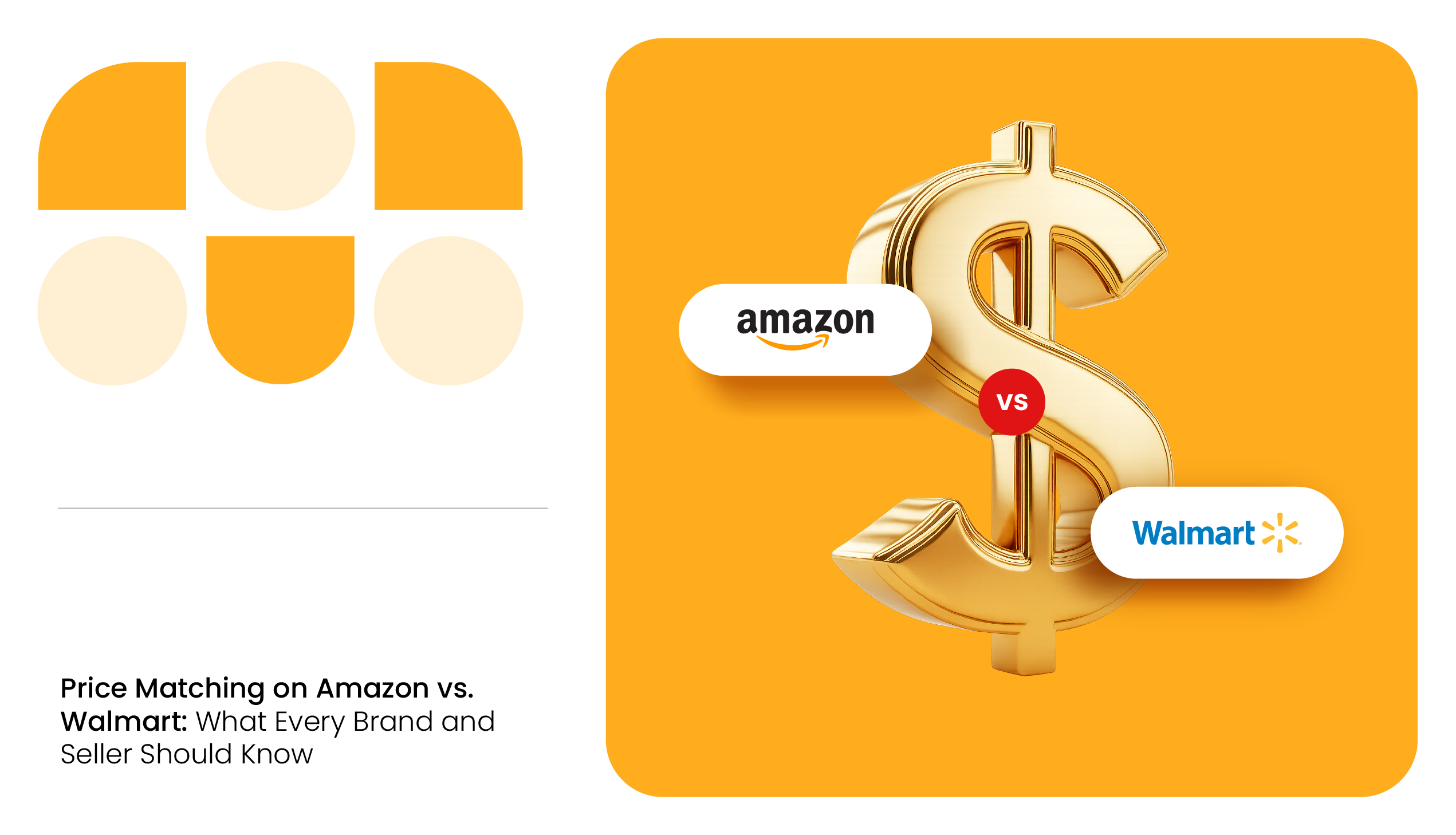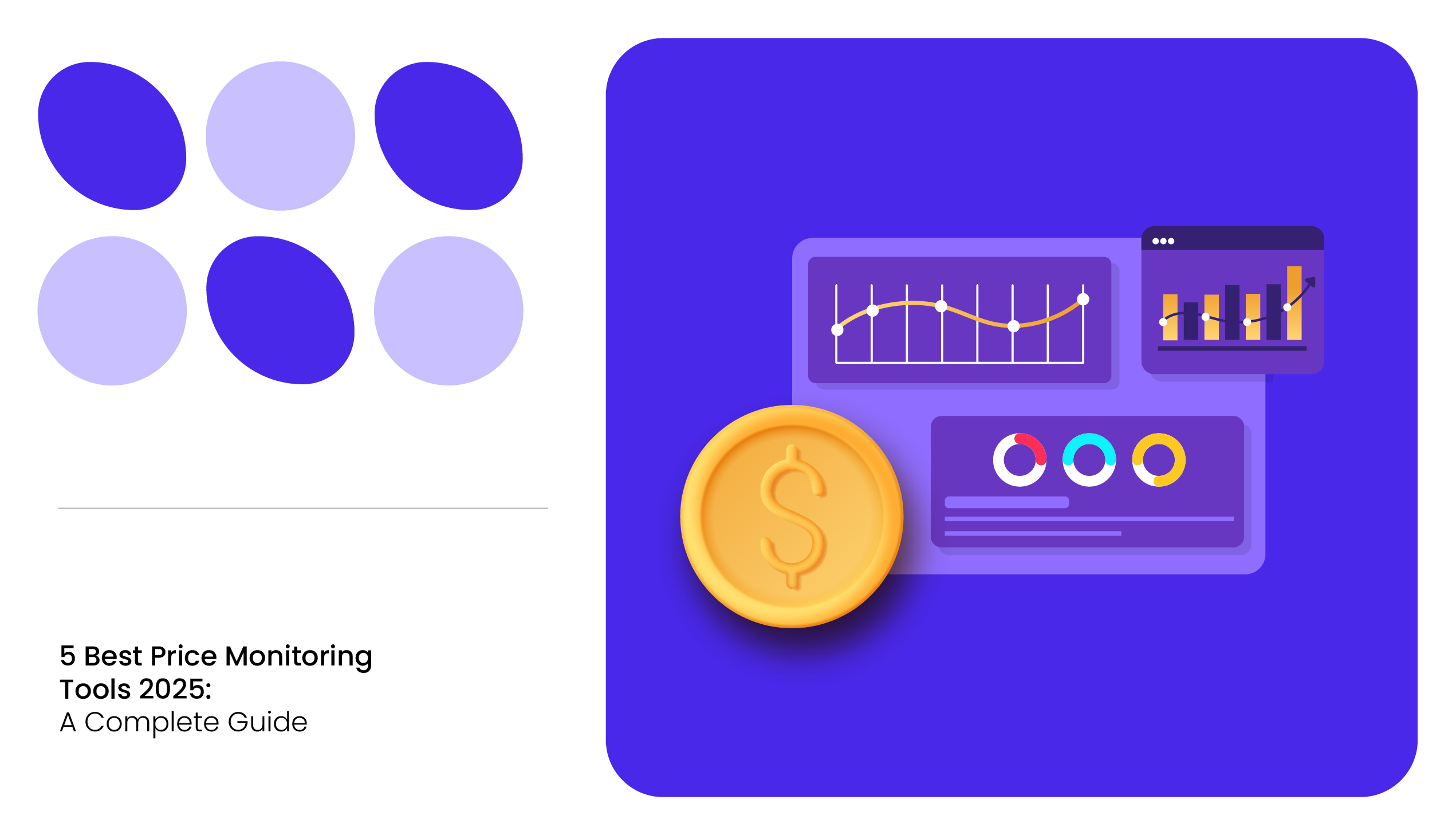Bundle pricing strategy isn’t only about offering discounts during holiday shopping or just at the end of a season. It is also about providing customers the best value for money when running a promotional price campaign, thus improving the possibility of higher customer lifetime value for the brand and the retailer.
What is Bundle Pricing?
Bundle pricing is a promotional strategy in which retailers sell more than one product for a lower total price than if each product were sold separately. This strategy is also called price bundling or product-bundle pricing.
When is the Price Bundling Strategy Most Effective?
Retailers use a price bundling promotional strategy to offer more value to customers and increase sales. The underlying goal is:
- To increase average order value (AOV)
- Rechannel slow-moving and excess inventory
- Introduce new products
- Improve seasonal conversions
Types of Bundle Pricing
A retailer chooses a promotion based on its sales goal. There are two types of bundle pricing: pure bundling and mixed bundling.
Listed here are the differences between the two types of bundling and there are their sub-types.
| Mixed Bundling | Pure Bundling |
|---|---|
| Products are available to buy as a part of the bundle or separately. | Customers can purchase the products or services only as a package deal. |
| Transparency in bundling makes the offer more convincing to customers. | It is ideal for businesses looking to sell slow-moving products. |
| This strategy appeals to a broader audience by allowing customers to choose the products in the bundle. | Limits customer choice as the products are not available outside the bundle. |
| The probability of customers abandoning the cart reduces as they can pick the number of items and the discount benefit. | Customers who don’t perceive value in the bundle offer may choose competitors' products. |
| In mixed bundling, the deal on a product bundle is declared either as a percentage discount or savings in dollars. Customers' savings in this promotion vary depending on the quantity of products bought or the amount spent to purchase the product bundle. The more items bought, the more the savings. | Pure bundling is divided into two: Fixed or joint bundling is when two products are sold together for one bundled price. This promotion is popularly referred to as BOGO. In leader bundling, when a core product is bought at full price, it is supplemented with a complementary product. |
Explore the Types of Promotional Pricing Unfolded with Examples
Examples of Price Bundling
Here are a few examples of how retailers have used various types of bundling pricing in their stores.
- BOGO Free Sandals at Shoe Carnival
- Pure Leader Bundling by Aeropostale
- Coach Highlights the Percentage Discount to Attract Customers
- Costco Boosts Average Order Value by Projecting Savings on its Listing
- Best Buy Uses Price Bundling to Increase its Customer Base
BOGO Free Sandals at Shoe Carnival
Shoe Carnival runs a promotion of a Buy One, Get One (BOGO) free offer across its physical stores and online store on women’s and kids’ sandals.
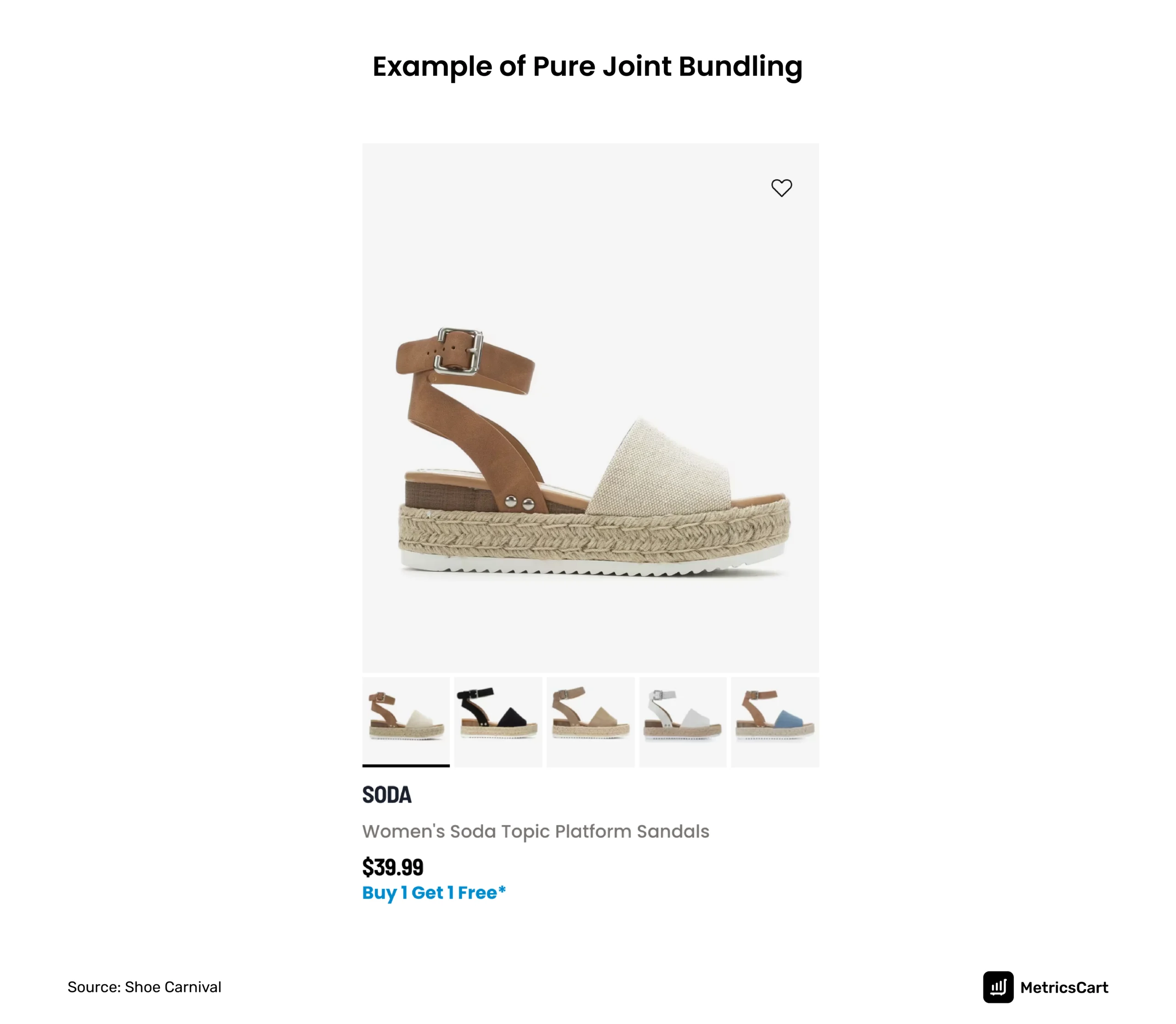
This form of pure product bundle strategy helps retailers sell slow-moving inventory quickly and maintain profitability.
Pure Leader Bundling by Aeropostale
Buying two items of the same kind as in joint bundling may not sound that enticing to most customers. In this example, Aeropostale offers a pair of shorts complimentary when buying a pair of jeans.
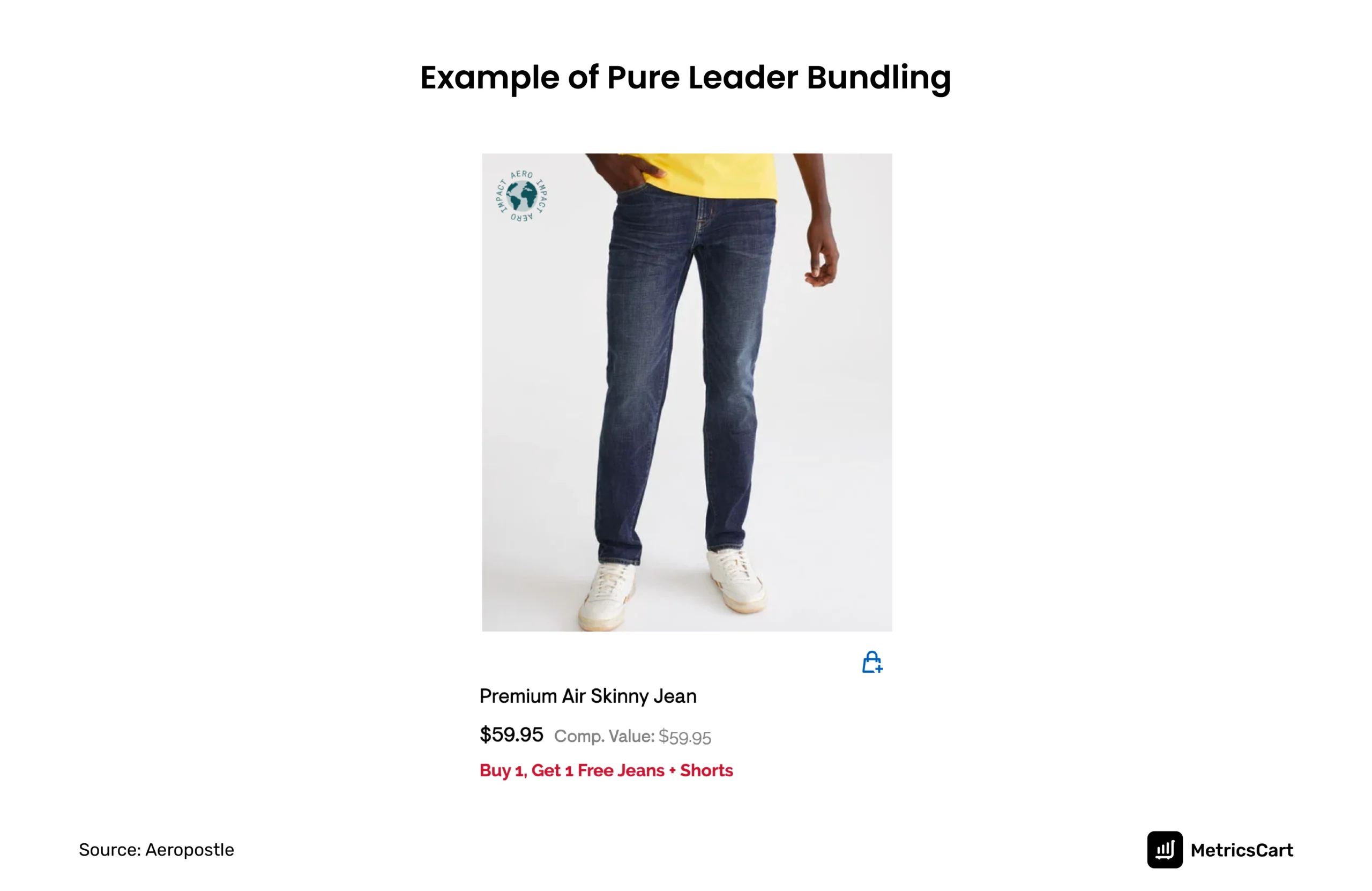
Getting a different product free with a leader product may be more appealing to shoppers.
Coach Highlights the Percentage Discount to Attract Customers
Mixed bundling gives a sense of variety compared to pure bundling as the customer gets the freedom to pick the style they wish to buy.
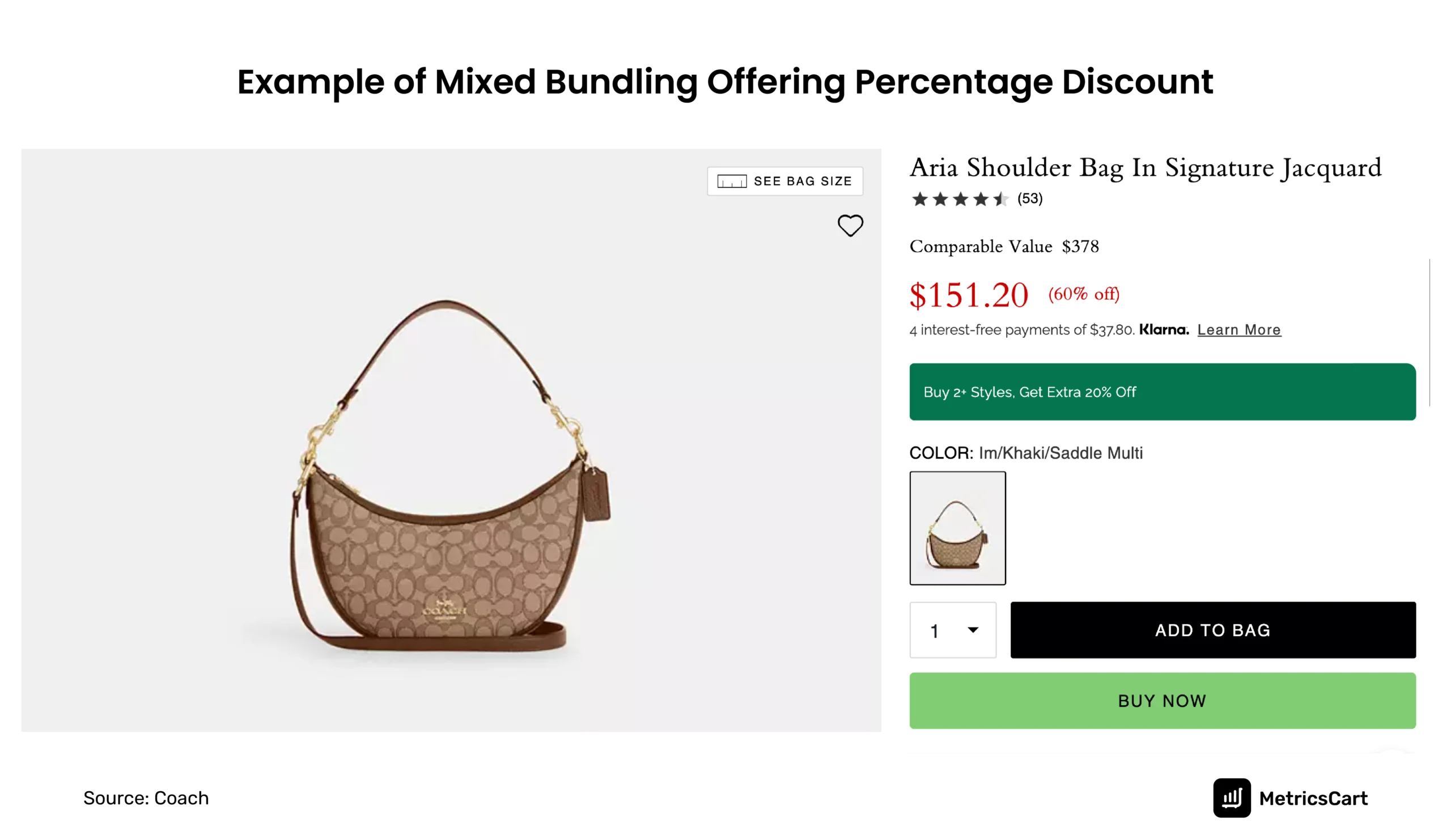
Coach sells one of its purses for $151.20 at a 60% discount. The listing mentions that if a different style is selected, the customer gets a further 20% discount.
Costco Boosts Average Order Value by Projecting Savings on its Listing
For selected apparel and shoes, Costco Wholesale offers its members free shipping and a chance to save money when buying more than two items. While customers can purchase these items separately, they’ll miss out on the deal if they don’t buy the bundle.
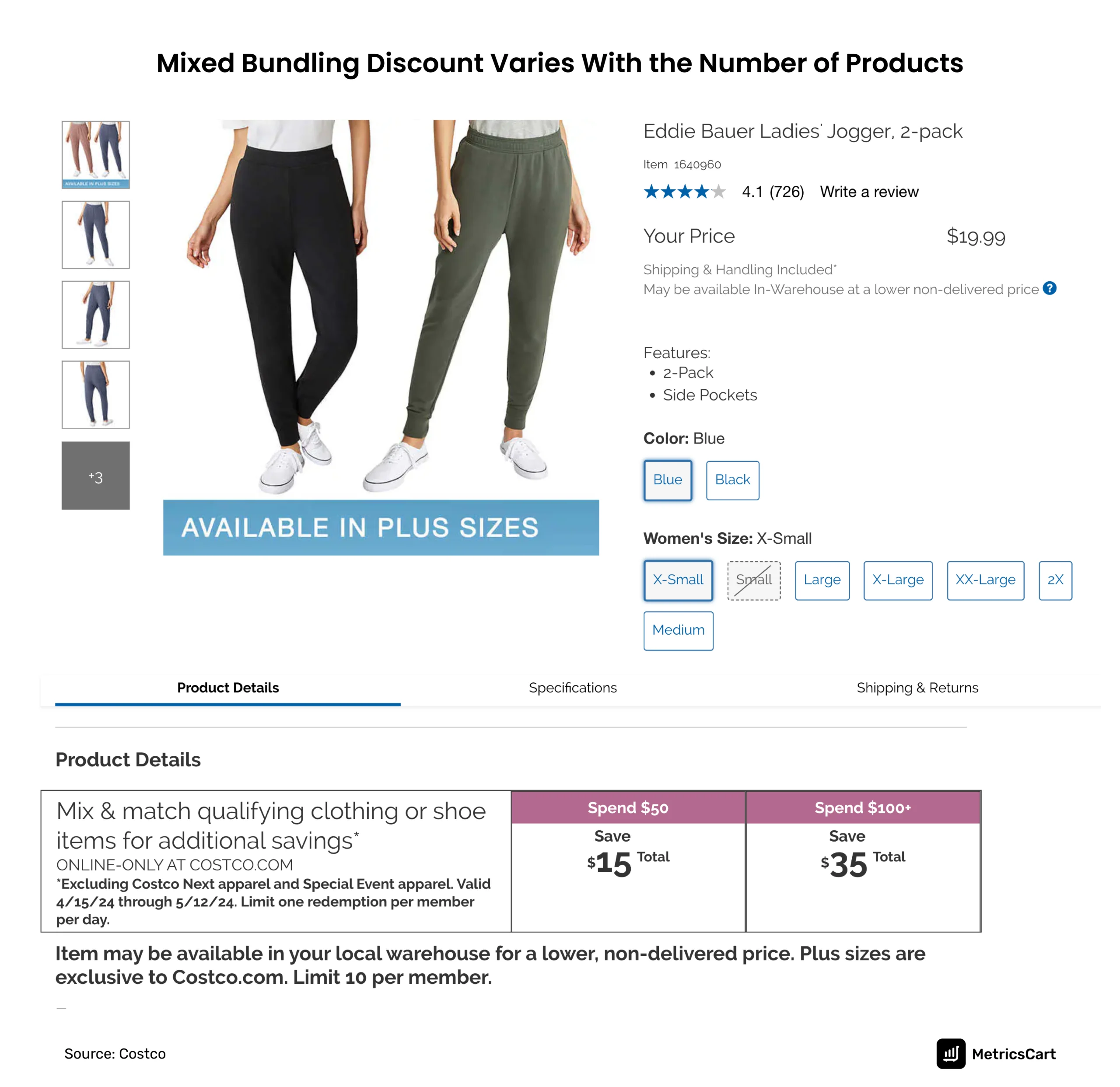
Customers save more when they buy more of the eligible items listed. The projected savings are $15 for a customer who spends $50 and $30 for someone who shops for $100.
Best Buy Uses Price Bundling to Increase its Customer Base
In 2023, Best Buy had an attractive bundle pricing promotion. For $49 a year, a shopper could be a “My Best Buy Plus” member and get access to exclusive deals and sales and free two-day shipping on online orders.
Usually, most retailers use bundled pricing to shift surplus stock. However, the Best Buy promotion had popular titles of Nintendo Switch console games offering value to customers. The collection in the B2G1 deal also included third-party Switch ports and upcoming Nintendo Switch releases, such as Super Mario Bros., Wonder, and Pikmin 4 for pre-ordering.
This bundle promotion aimed to build customer relationships through membership and decrease showrooming where customers browse through Best Buy stores and finally purchase from an online store.
Read MetricsCart’s report on the Consumer Electronic Segment at Target
Advantages of Product Bundle Pricing
Price Bundling provides several benefits to retailers.
- It reduces advertisement costs as more than one product is promoted when a deal is advertised.
- Increases return on the cost of customer acquisition as more products are sold to individual customers.
- Cross-selling and up-selling products are easier during price bundling promotions.
- Moving out less desirable inventory or generating interest in a new product becomes easy with BOGO offers.
- If customers see value in the bundle, they may buy more bundled products. This increases the chance to outsell competitors.
Here are some advantages of price bundling from consumers’ point of view.
Consumers feel motivated to buy items with bundled pricing:
- When the bundle includes products that they genuinely need
- The bundle pricing is more reasonable than bought separately
- When they see a value in the bundle with products that complement and enhance each other’s utility
- Makes an easy gifting option
Disadvantages of Product Bundle Pricing
- Brands that frequently offer bundle deals may face a negative perception of selling low-quality products
- Bundling may sometimes lead to product cannibalization. It might reduce the demand for individual products within the bundle, lowering profits on certain items.
Tips on Implementing a Successful Bundle Pricing Strategy
Well-executed bundle pricing promotions are among the most powerful promotional tactics for driving sales and maintaining customer lifetime value toward a brand. Here are some tips that successful brands and retailers incorporate in their bundle pricing strategy.
Carefully Curate Products for the Bundle
- With SKU rationalization, selecting the items for the product bundle becomes easy.
- Usually, slow-moving SKUs are selected for pure bundling and coupled with high-margin complementary products that have more room to offer discounts.
- Experimenting with different product combos in the bundle and various discount levels is an option.
Ensure Product Availability of the Ongoing Promotion
- A lower bundle price than the anchor price strengthens the marketing appeal and makes the customers feel like they have scored a bargain.
- Mentioning the maximum number of units that can be purchased during the promotion, the eligible products, the promotion period, and the type of promo ( BOGOF, B2G1F, buy X get Y% off, or buy X pieces for Y$) clarifies things for customers.
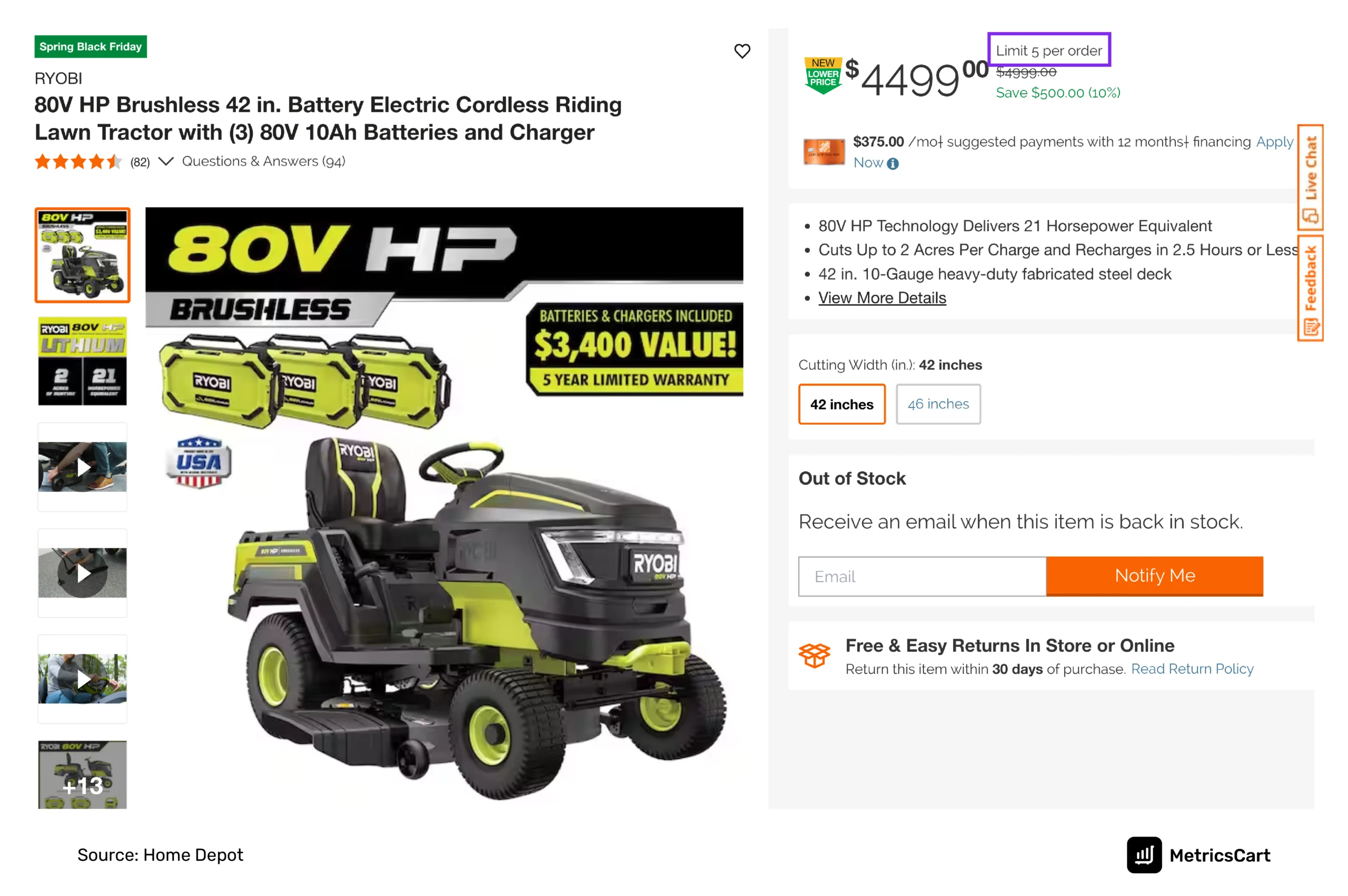
The promotional product bundle pricing is attractive at $4499. The customer saves $500 on this purchase, which includes a cordless lawn tractor, batteries, and chargers with a warranty. The product page listing mentions the value savings a customer will receive when buying this product, creates urgency by saying it is a spring Black Friday offer, and limits five purchases per order. But sadly, the product is out of stock, which may affect customers’ shopping experience.
Using Gamification Techniques to Generate a Buzz Around the Promotion
- Adding gamification elements like countdowns to e-mail campaigns, social media posts, and online ads can create urgency and scarcity, helping deal-seekers take action sooner.
- Clearly stating how the bundle sets itself apart from other deals offered in the market helps to catch shoppers’ attention, especially during the holiday shopping season.
Increase Average Order Value Through Product Suggestions
- Recommending an irresistible upsell bundle or cross-sell bundle at checkout (by using phrases like ‘customers also bought’ or ‘frequently bought together’) helps to increase profit from the same customer.
- Sellers can create product descriptions explaining how to use the different products best to prevent potential dissatisfaction from buying items they don’t require in a bundle.
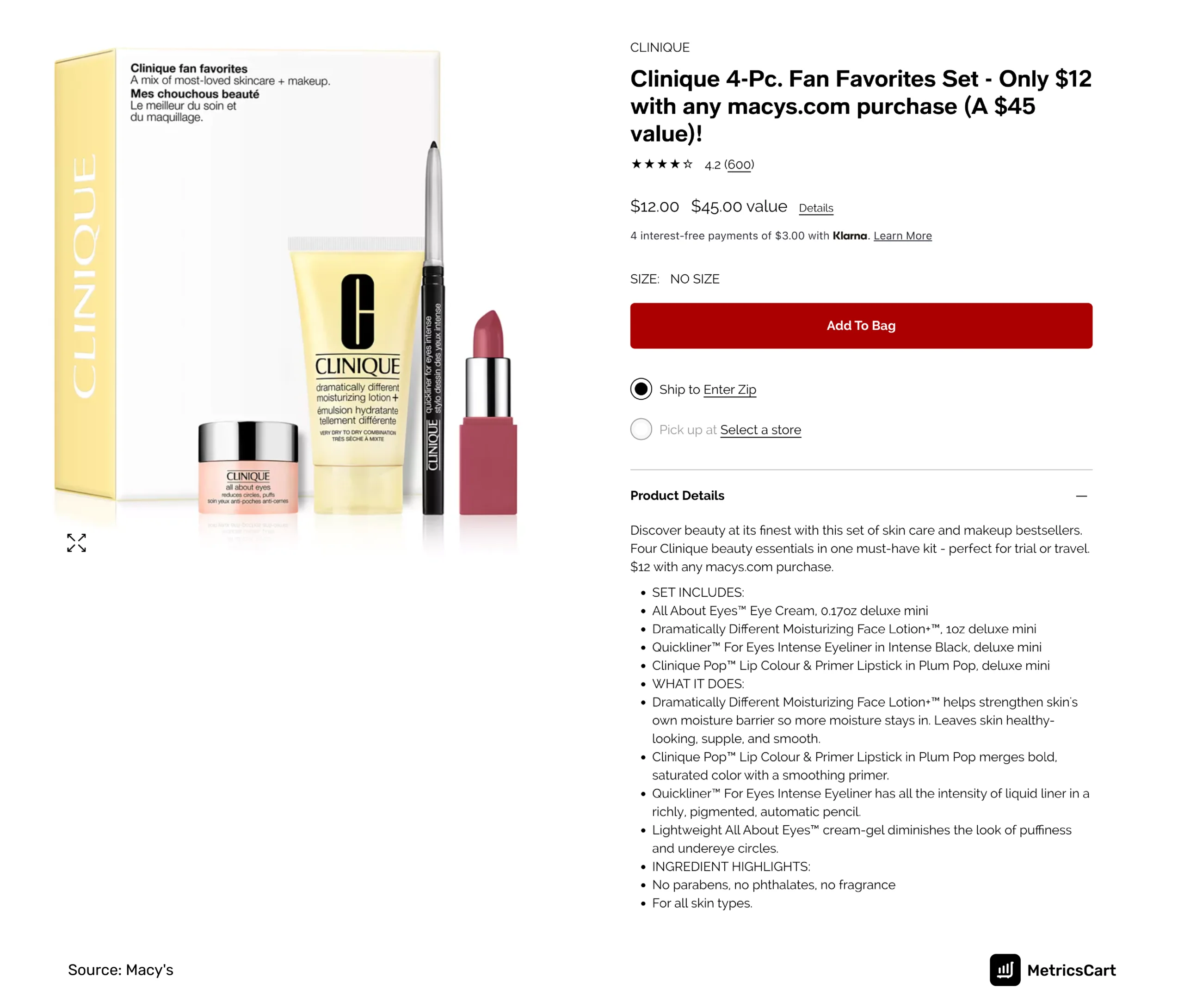
This is an example of mixed bundling as seen on Macy’s site. When buying this bundle, Clinique mentions the dollars the shopper saves. The listing includes a detailed product description and the benefits of using the products included in the bundle.
Rely on Price Monitoring Outcomes to Devise Effective Product Bundles
During promotions, brands that consistently monitor products and prices of their brands and do competitive promotion monitoring:
- Prevent price erosion
- Maintain brand value
- Achieve transparency in pricing
Setting up a product bundle pricing strategy is easy when retailers and brands monitor competitors’ real-time pricing and promotion monitoring. For customized price monitoring packages, look no further than MetricsCart, one of the fastest-growing digital shelf analytics companies.

